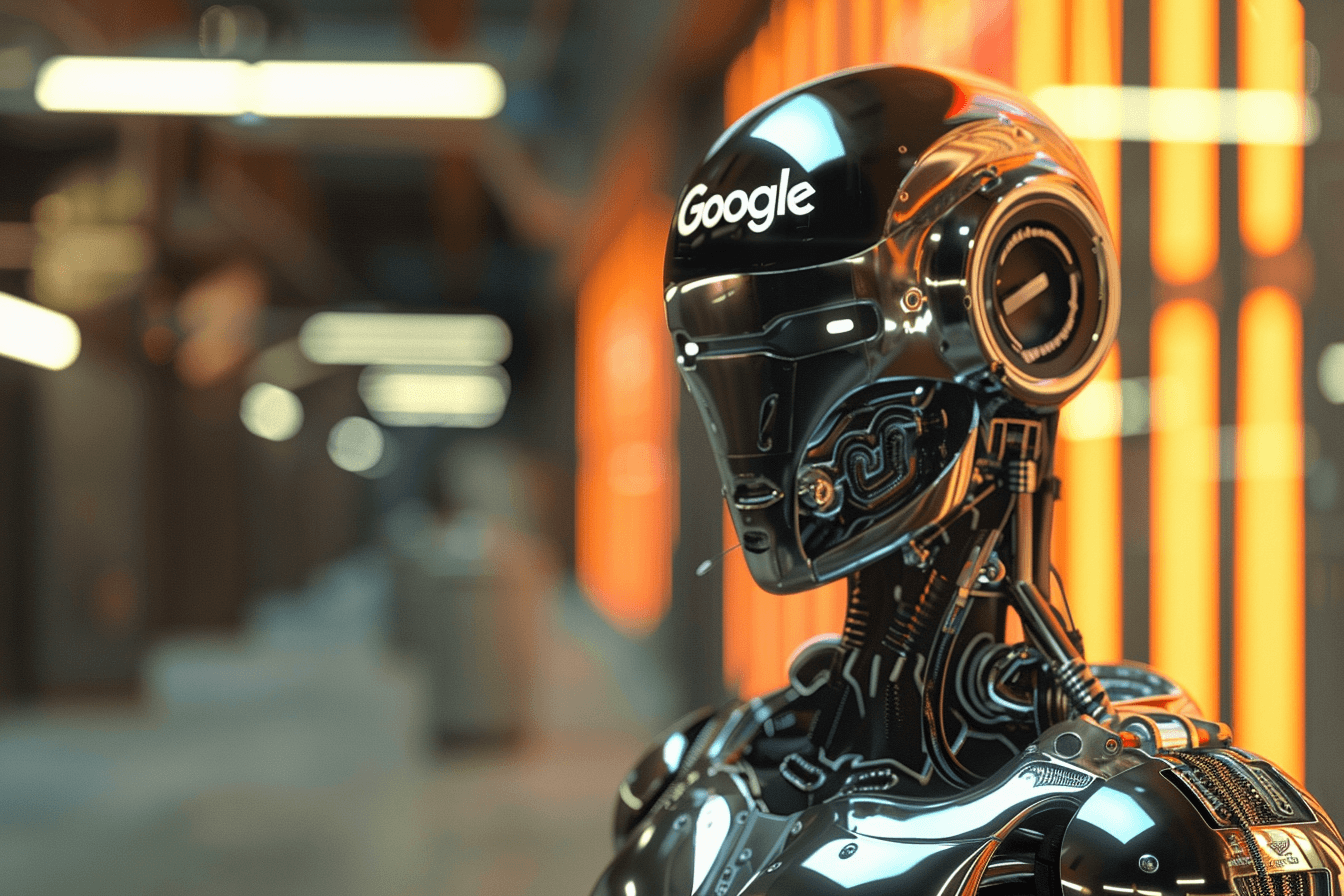Sundar Pichai, the CEO of Google, announced a number of new products for Gemini, i.e. Google's artificial intelligence, at the I/O 2024 conference. The conference took place on May 14, exactly one day after the OpenAI Spring Update event. Corporations are going head to head, and the result of this race is new and more and more surprising functions of generative artificial intelligence tools.
AI has eyes, i.e. the Astra project and other novelties announced at I/O 2024
On Monday, OpenAI presented a new AI model to the world, which will be available for free to all users. It's about ChatGPT 4o, which will be able to talk to us in real time with virtually zero delay. Monday's presentation showed that ChatGPT 4o will also be able to chat and interact about what's in front of the phone's camera. To put it simply – AI has eyes and can see. The level and speed of interaction with the latest version of ChatuGPT is a bit reminiscent of the 2013 movie “Her”.
Just a day later, at the I/O 2024 conference, Google announced that their Gemini would get a number of new options. Well, Gemini will be available on Android phones, instead of Google Assistant. This means that it will be possible to use Gemini above applications to, for example, search for something or generate a graphic that we want to put in a response to a message. This is, of course, just the tip of the iceberg, because Gemini will also appear on Gmail and as a personal assistant in a dedicated application. The cherry on the AI cake turned out to be the Astra project, an AI agent that will be able to “look at the world” with the help of a smartphone camera and experience it thanks to the sounds flowing into the microphone. Below is a sample:
Veo Generative AI, a gauntlet thrown at Sora by OpenAI
During the I/O 2024 conference, Veo Generative AI, a model for creating AI videos, was also presented. The example videos shown suggest that this model is Google's direct response to Sora, the OpenAI video generation model announced in Q1. Veo Generative AI's functions included not only direct visualization of prompts, but also, for example, the ability to extend generated clips or interfere with some details. The race between Open AI and Google is in full swing, and society has access to increasingly better tools.

